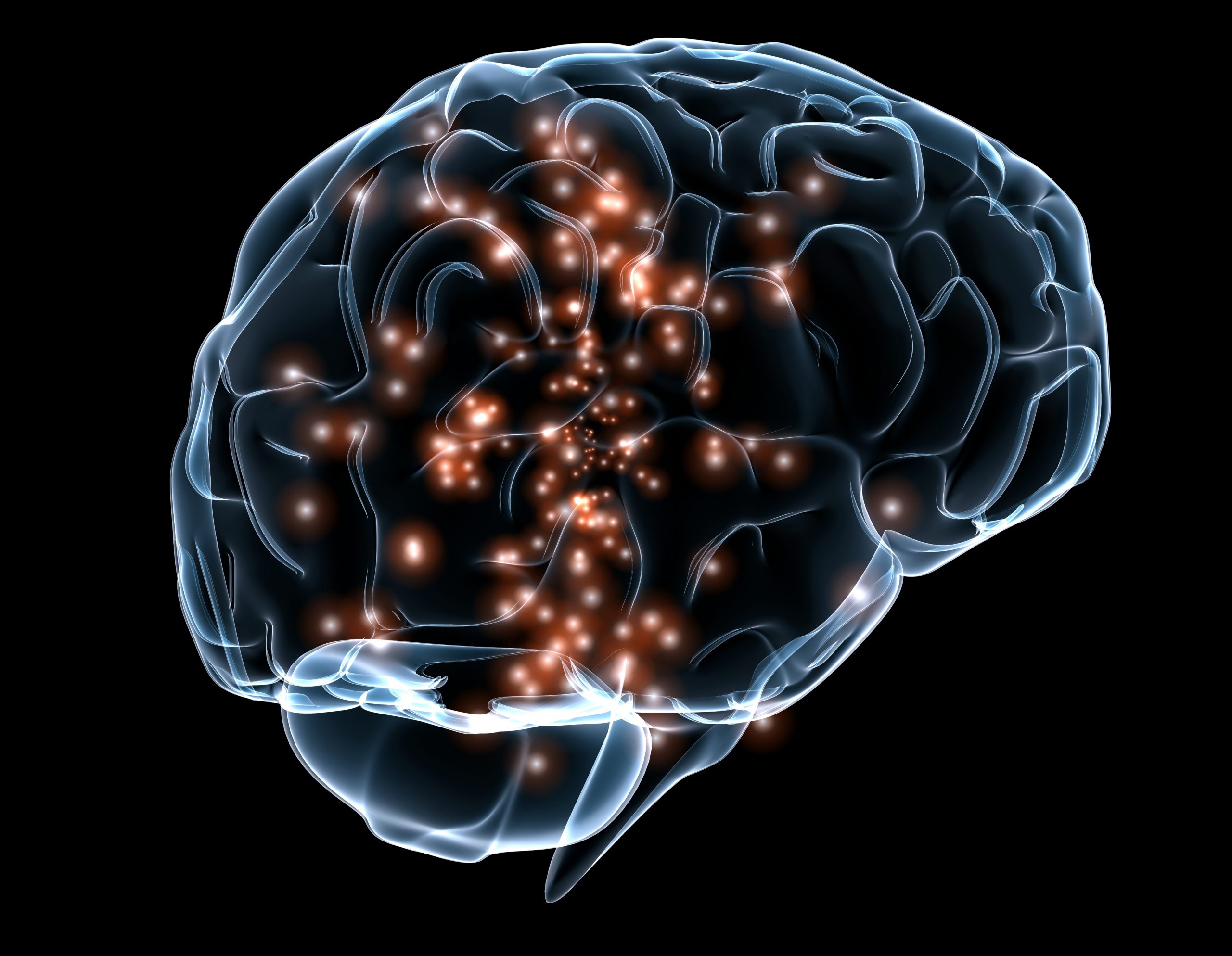
Shubhayu Bhattacharyay is lead author on a paper describing a model that can predict traumatic brain injury with more precision.
I hope this work inspires the development and deployment of ordinal prediction models to improve both the resolution of our understanding of traumatic brain injury [TBI] trajectories and the standard of TBI care.
Shubhayu Bhattacharyay
The families of patients with traumatic brain injury typically get little information about the recovery possibilities for their loved one aside from whether they will live or die. However, a new study has come up with a new model for predicting to what extent a person will recover.
The study, “The leap to ordinal: Detailed functional prognosis after traumatic brain injury with a flexible modelling approach”, is published by PLOS ONE this week and Gates Cambridge Scholar Shubhayu Bhattacharyay [2020] is first author.
It is the first approach to improve the level information provided to patients after traumatic brain injury (TBI) both by increasing the granularity of prognosis (moving from a binary to an ordinal outcome) and embedding all information collected from TBI patients in the intensive care unit. Functional outcomes after traumatic brain injury (TBI) are most commonly evaluated on the 8-point Glasgow Outcome Scale – Extended (GOSE), which ranges from death (GOSE=1) to full return to normal life (GOSE=8). However, models used to assess TBI severity, help patients and families understand possible outcomes, and guide shared decision making for treatment/resource allocation typically dichotomise GOSE into a binary outcome of survival (GOSE greater than 1) or a loosely-defined “favourable outcome” (GOSE greater than 4).
Clinically, this reduces the level of information and choice given to patients and families. For example, when making a tough decision such as whether to withdraw life-sustaining measures or to pursue aggressive treatment, the family of a patient with severe TBI needs to know more about the likelihood of different levels of recovery, such as the probability of regaining consciousness or functional independence to make a more informed decision.
In the study, the researchers propose a shift from this binary framework to an ordinal one, which is able to predict the probability of each GOSE score. The study is based on 1,550 TBI patients admitted to one of 65 ICUs across Europe and on a range of baseline patient information – ranging from 10 concise predictors to a token-embedded representation of all 1,151 predictors – to create an ordinal prediction model of GOSE at six months post-injury.
The researchers say that expanding the predictor set significantly improves the accuracy of prognostic precision at different levels of functional recovery.
Shubhayu, who is doing a PhD in Clinical Neurosciences, says the study has several implications. “Firstly, we have been able to develop novel early prediction models capable of reading all heterogenous patient data and discovering high-impact predictors. This is the first study within the large Collaborative European NeuroTrauma Effectiveness Research in TBI (CENTER-TBI) project to simultaneously consider the entire set of ICU predictors for prognosis. Our results therefore reveal the interpretable limits of baseline ordinal, six-month GOSE prediction in the ICU at this time. This methodological design will also allow future models to consider a more complete profile of each patient.
“Second, even though ordinal prediction is notoriously challenging, our results both rigorously validate the application for TBI and identify likely ways to improve it.
“I hope this work inspires the development and deployment of ordinal prediction models to improve both the resolution of our understanding of TBI trajectories and the standard of TBI care.”
*Picture credit: Massachusetts General Hospital and Draper Labs) via Wikimedia Commons












